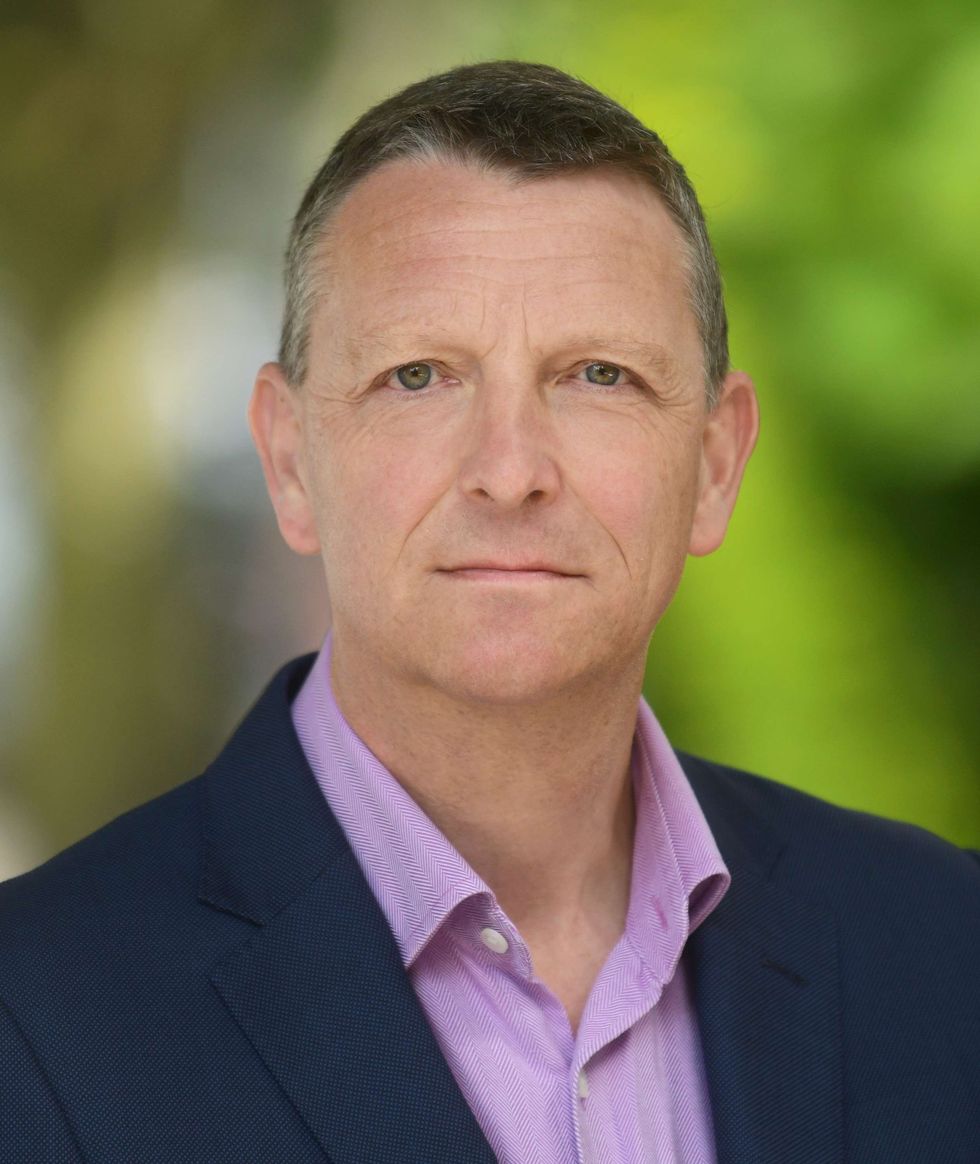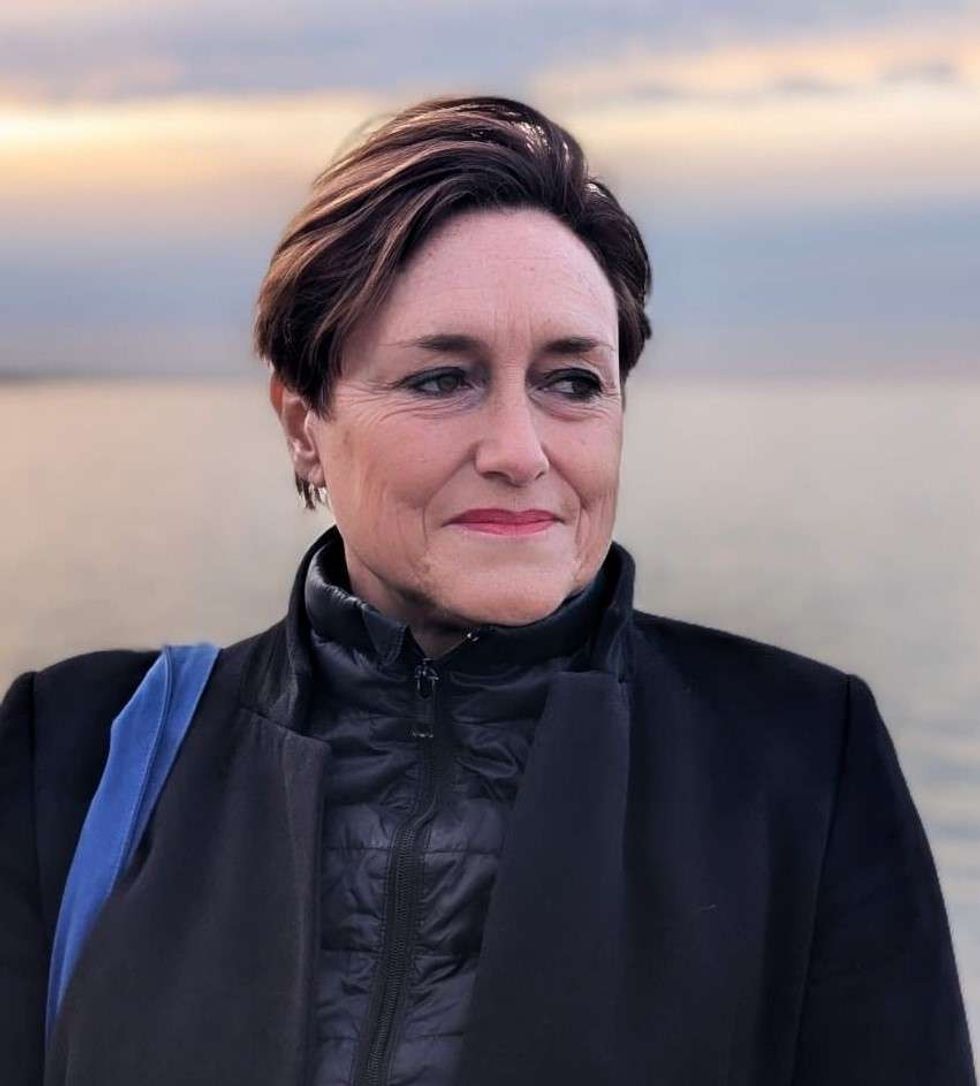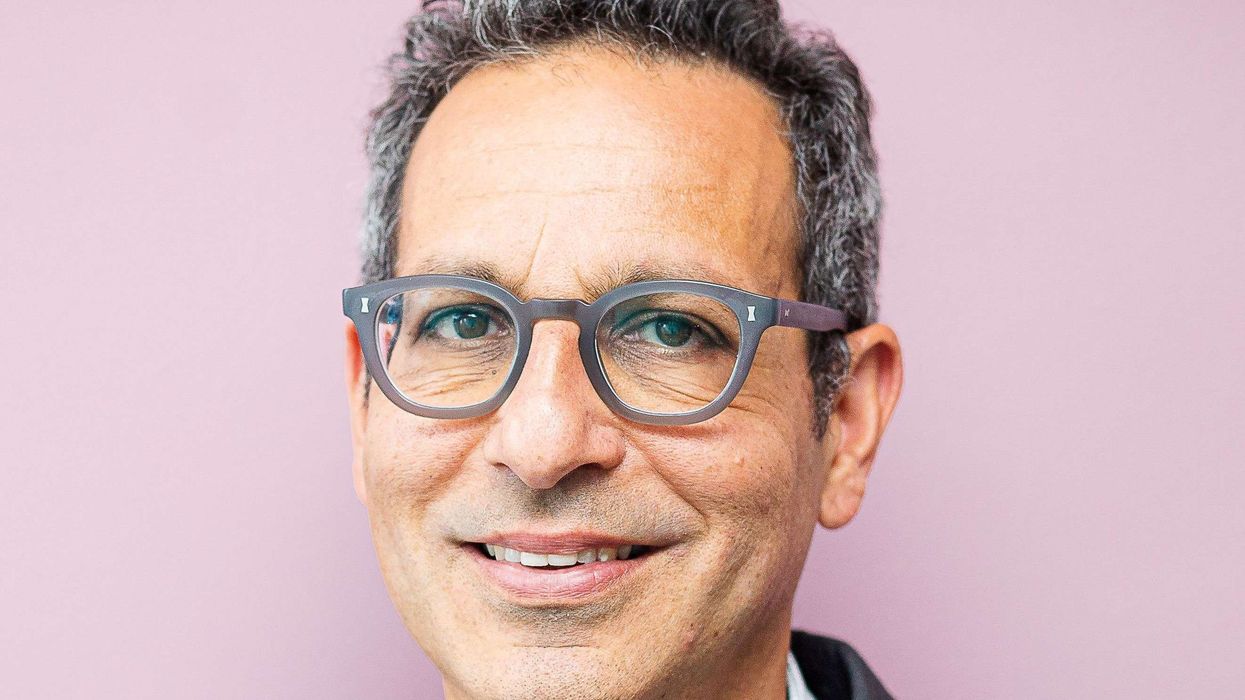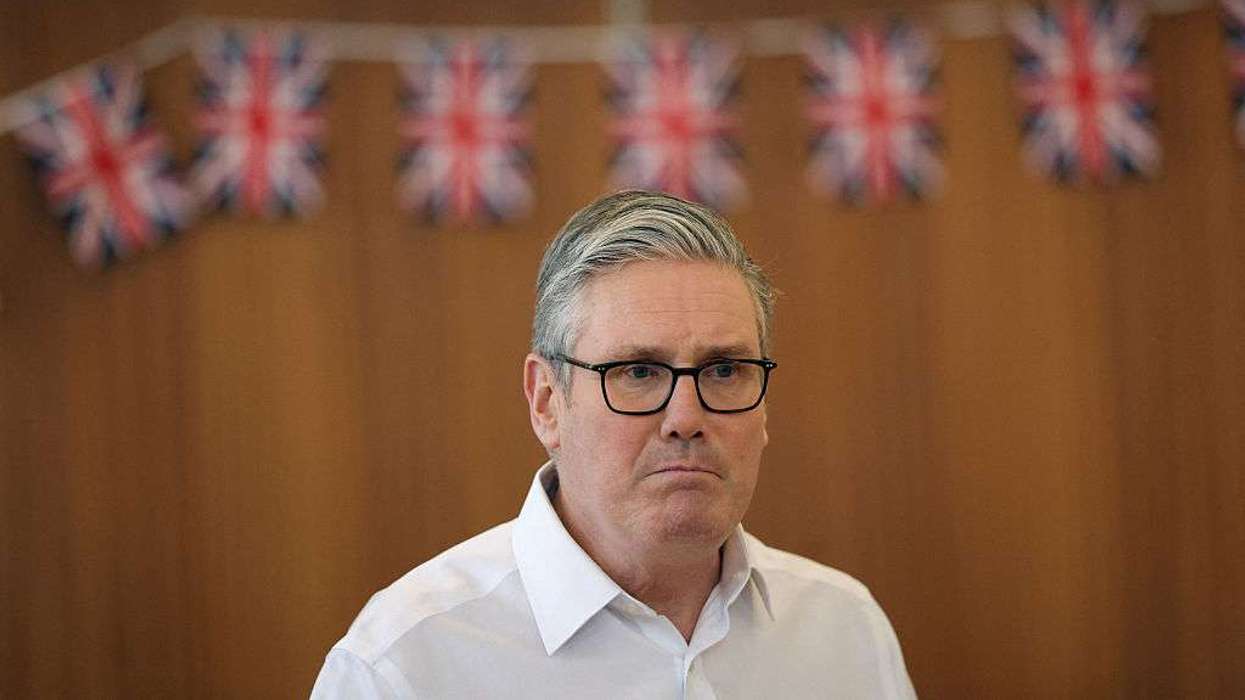CAMPAIGNERS, policy experts and media professionals have called for a change in how Britain talks about refugees, arguing the national debate must move beyond sympathy and “crisis imagery” towards fairness, contribution and practical solutions.
At a Refugee Council webinar last Wednesday (5), speakers examined why public attitudes towards refugees appear to be hardening as they discussed how better communication and evidence-based storytelling can change the approach. Refugee Council chief executive Enver Solomon opened the discussion, titled Shifting the Narrative.
“We are operating in a divided and sometimes hostile environment,” he said. “Our challenge is to find language and evidence that reconnect with people’s everyday concerns.”

He acknowledged this came at a time of heightened tensions over immigration, protests in towns and cities, and a rise in racially motivated incidents, including in public services.
Participants said empathy and good storytelling can help reshape the conversation, as will credible policy proposals for refugees and confident communication about national identity.
Sunder Katwala, director of British Future thinktank, presented findings from recent public opinion research. He said sympathy for people crossing the Channel had fallen from more than 50 per cent in 2022 to around 45 per cent today, while the proportion of people with “no sympathy at all” had risen to nearly a quarter.

“Storytelling helps, but it isn’t enough on its own,” Katwala said. “We need to understand why attitudes are going backwards. The challenge is twofold: to build public confidence so politicians feel able to stand up for refugees, and to confront xenophobia direct.”
Katwala argued that a “purely moral appeal” was unlikely to shift public opinion. “People want a sense that the system is fair, effective and under control,” he said. “When they see chaos or unfairness, they lose confidence – even if they are instinctively compassionate.”
Former BBC home editor Mark Easton said the word “fairness” remained one of the most powerful ideas in British politics – but its meaning had been distorted.
“Right now, fairness is being presented as under threat – from those who make false asylum claims, from ‘illegal’ arrivals, or from the use of taxpayers’ money to fund hotels,” he said. “If we are to shift the narrative, we must reclaim fairness to mean justice and shared humanity, not just cost or control.”
Easton cautioned against assuming that public attitudes were fixed. “They are not immutable. There is plenty of evidence that Britain is, historically, a welcoming country. But we must engage people where they are – not where we wish them to be.”
He added, “People are wrestling with fairness to refugees and fairness to communities. We have to speak to both sides of that instinct.”
New Statesman editor Anoosh Chakelian said resentment towards asylum seekers was often connected to deeper frustrations over inequality and scarcity. “People are angry when they feel others are getting something they can’t,” she said. “That resentment grows when services are stretched, or housing is short. But it’s not just about refugees – it’s spreading towards anyone who isn’t white, including people whose families have lived here for generations.”
She warned of a “dark nostalgia” for a less diverse Britain that had become politically potent. “Some people are longing for a version of the country that never really existed. That nostalgia makes it harder to have rational conversations about immigration and belonging.”
Sue Baker OBE drew lessons from the “time to change” initiative, which for more than a decade worked to reduce stigma around mental health.
“When we started, people with mental health conditions were seen as dangerous, unstable or a burden,” she said. “We trained people with lived experience to tell their stories, supported by data and clear calls to action. Over time, we saw a measurable shift in attitudes.”
She said the same principles could apply to the refugee debate – but only with long-term investment and a focus on the persuadable majority. “You don’t waste energy on those who are hostile,” Baker said. “You work with the movable middle. And you measure your progress through evidence, not emotion.”
Emmeline Skinner Cassidy presented findings from the Refugee Council’s audience research, which examined how people who were “instinctively compassionate, but uncertain” could be engaged more effectively. “We found that contribution is central to how people understand fairness,” she said. “In a welfare state, fairness means everyone doing their bit – though that might look different for different people.”
Cassidy emphasised confident conversations about Britain’s identity. “Many of us on the progressive side are uncomfortable talking about Britishness,” she said. “But we need to express a positive vision of what a multicultural Britain can be – one that people can feel proud of.”
Tamsin Baxter, who oversees fundraising and digital engagement at the Refugee Council, said changing public opinion required patience and coordination. “Narrative change doesn’t happen overnight,” she said. “It needs investment, collaboration and consistent messaging. Stories are powerful, but they have to be backed by credible solutions – safe routes, better integration, and clear communication about what works.”
Baxter stressed that public trust depended on demonstrating practical outcomes, not just compassion. “People are more open when they can see results – refugees finding work, contributing, integrating into local life. We need to show the system working, not just the system struggling.”
In his closing remarks, Solomon said the discussion highlighted a shared need across the sector for new language, grounded in both values and evidence. “We have to move beyond our own echo chambers,” he said. “That means listening to people who are undecided or sceptical, and finding common ground through the idea of fairness – fairness to those seeking protection and fairness to communities who welcome them.”
Katwala said, “We’re talking to different audiences. For some, we build empathy; for others, we need to reduce hostility. The goal isn’t just to make people care more, but to make them feel that compassion and control can go hand in hand.”
The Refugee Council said it would continue to work with partners across charities, media and research organisations to apply these insights in future campaigns.





